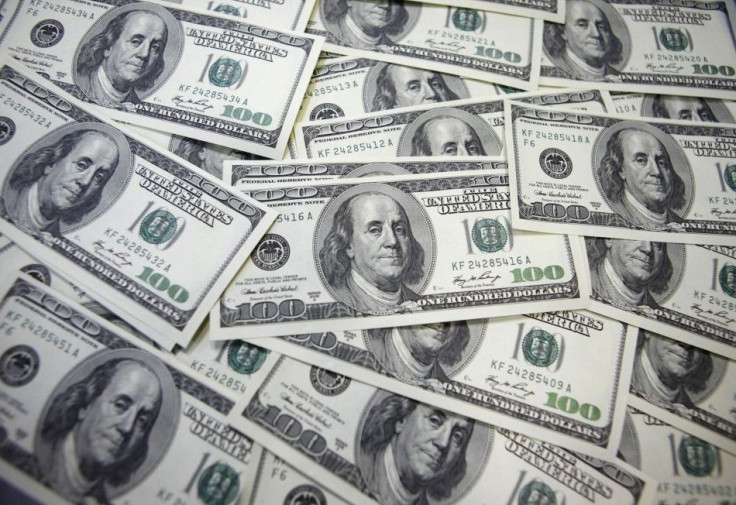Are Foreign Holdings Of US National Debt A Threat To Our Economy?

As the U.S. government spends an unprecedented amount of money to fix the economy, there's an equal need to raise the cash needed to pay for those fixes. Because Americans are not in the habit of saving, however, Uncle Sam is forced to borrow from countries with high savings rates, such as China, to help cover the budget deficit.
China overtook Japan as the largest holder of U.S. national debt in 2009. As of December (the most recent data available), it held about 23.1 percent, or $1.15 trillion, of all foreign investment in U.S. privately held federal debt, according to a newly released report by the Congressional Budget Office, or CBO.
From 2007 to 2011, foreign holdings of the U.S. federal debt increased by $2.6 trillion, to about $5.0 trillion.
Many are concerned that the U.S.' growing indebtedness to foreigners could pose hidden threats to the U.S. economy or even to U.S. national security.
More than nine in 10 Americans are at least somewhat concerned about how much U.S. debt China and other countries hold, according to a Gallup poll whose results were reported in March. Americans showed deeper concern about foreign holdings of U.S. debt than they did the political situation in Iran, the U.S. trade imbalance with China, and the financial situation in Europe.
The amount of debt -- which has surpassed $15.8 trillion and is rising every second -- is quickly approaching the federal debt ceiling, a legal limit to borrowing that currently stands at $16.4 trillion.
Without monetary policy change, the CBO warned in its 2012 Long-Term Budget Outlook on June 5, the U.S. federal debt could be twice the size of the U.S. gross domestic product by 2037.
The nature of foreign purchases of U.S. Treasuries began to change in 2002, with foreign central banks racing to gorge on a significant part of the U.S. assets.
Although the effect on the U.S. economy of foreign-government purchases of U.S. Treasuries is the same as private purchases, the motivations behind the purchases are different. While private purchases are typically motivated by the profit incentive, foreign-government purchases may be motivated by a country's desire to keep its exchange rate constant or mitigate its rise against the dollar, the CBO said.
Because more than one-half of the public debt held by private investors is in foreigners' hands, some fear that if foreigners suddenly chose to stop holding U.S. Treasury securities or decided to diversify their holdings, the dollar could plummet in value and interest rates would rise.
Others are concerned that the accumulation of U.S. assets by foreign governments will give those governments leverage that may be applied to the detriment of U.S. interests.
The likelihood that China, or any other country, would suddenly cut its holdings of U.S. securities is questionable because doing so could have a significant negative impact on their economies, as well. While the extreme risks are remote, the U.S.' heavy dependence on foreign borrowing remains an important vulnerability.
At some point, foreign investors may view the growing level of U.S. foreign debt as too risky, or they may no longer view U.S. securities as offering the best return on their investment, and shift investment funds away from U.S. assets, thus forcing U.S. interest rates to rise to attract needed foreign capital.
This would result in higher interest rates and lower investment rates, which would cut long-term growth and could cause problems for the U.S. economy down the road.
© Copyright IBTimes 2024. All rights reserved.












